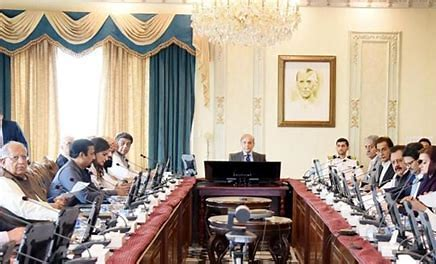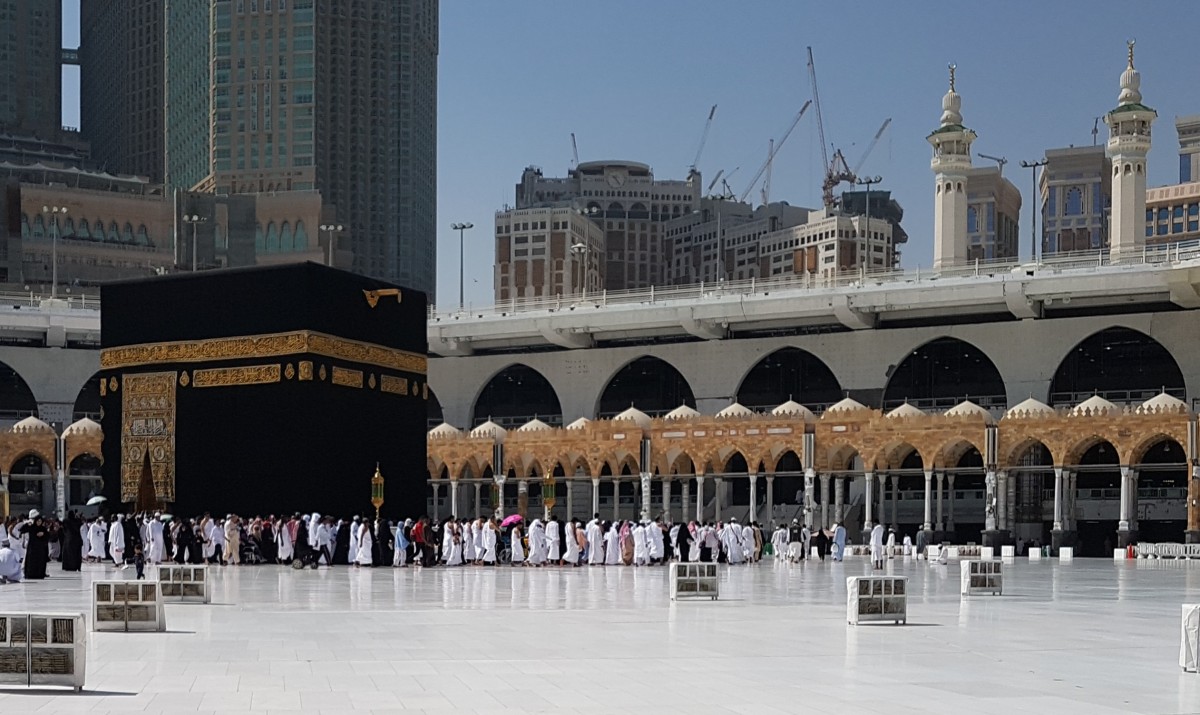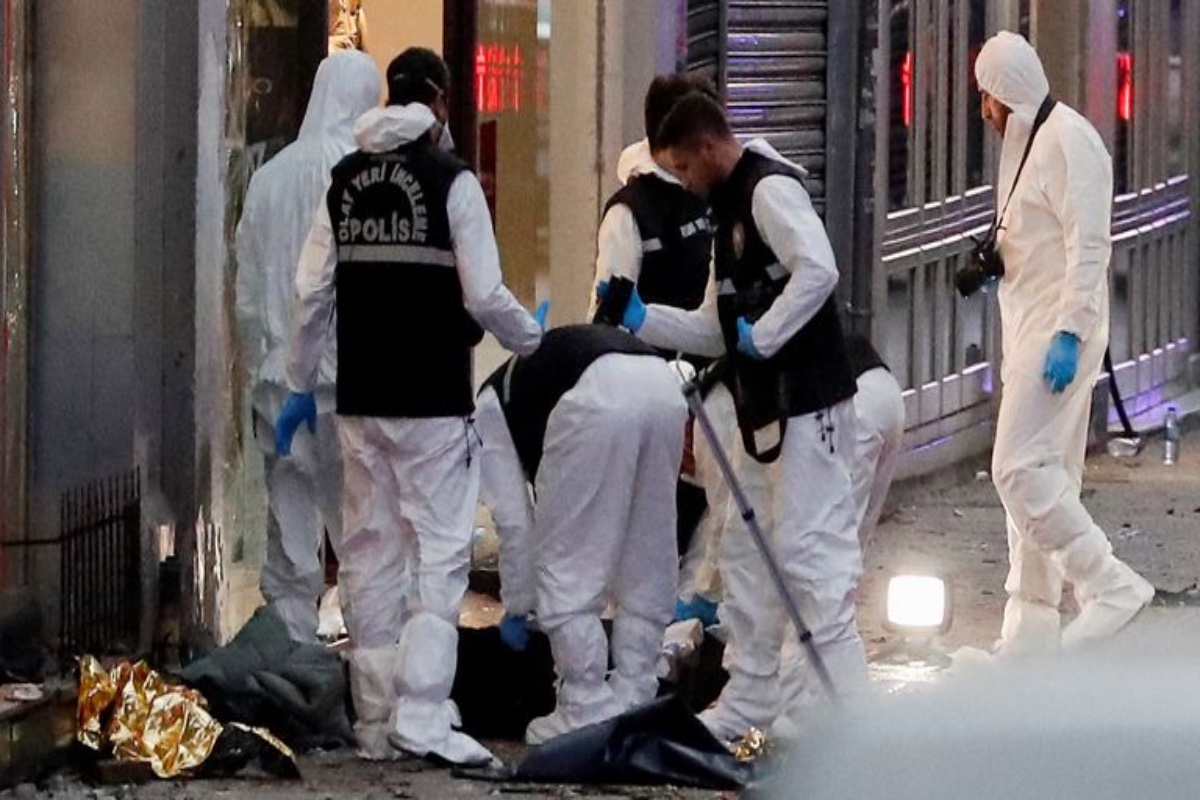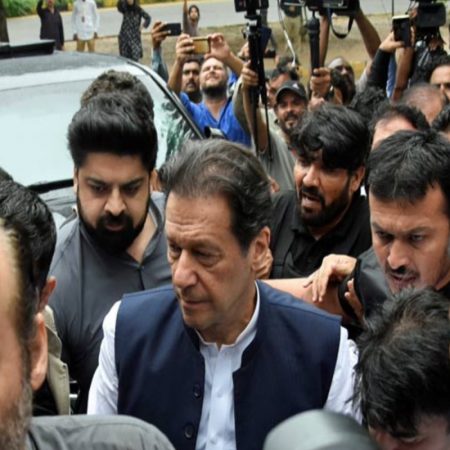Pakistan’s New Operation Azm-e-Istehkaam
By Mahvish Akhtar
On June 24th, Pakistan’s Prime Minister approved the launch of a new military operation aimed at controlling a surge in violence allegedly caused by militants across the country. During the weekend, PM Sharif announced Operation Azm-e-Istehkam (Resolve for Stability) while reviewing the country’s “counterterrorism” operations.
The National Action Plan was adopted after the December 2014 attack on Peshawar’s Army Public School. More than 140 people, people, mostly students, were killed in the attack. Tehreek-e-Taliban Pakistan (TTP) claimed responsibility for the attack at the time.
Shahbaz Sharif’s office issued a statement that said, “The campaign will be complemented by socioeconomic measures aimed at addressing genuine concerns of the people and creating an environment that discourages extremist tendencies.”
Tensions between Afghanistan’s Taliban government and Pakistan’s government keep growing. Pakistan has accused Afghanistan of giving a breeding ground to terrorists across Pakistani borders. As Kabul denies any known government-level involvement, Pakistan released a statement last month making plans to intensify efforts to curb terrorism through regional cooperation.
Pakistan’s Defense Minister Khawaja Asif told a reporter, “If the need arises, there is nothing more important than Pakistan’s sovereignty.” He further elaborated, “It is also a violation of international norms when Afghan soil is used to export terrorism, with those responsible receiving protection and safe havens by the people there.”
In the year 2023, Pakistan has had nearly 1,000 casualties from almost 700 incidents of violence. Most of these attacks occurred in the northwestern province of Khyber Pakhtunkhwa and the southwestern province of Balochistan. In March 2024, Chinese convoys and installations were attacked in northern and southern regions, which resulted in multiple deaths.
China is one of Pakistan’s key allies. It has invested $62bn in the China-Pakistan Economic Corridor (CPEC) development project. Sharif and Pakistan Army Chief General Asim Munir met with Chinese National Security teams; in their discussions, Chinese National interests and Security were a critical part of their agenda.
There is a fear that this operation will turn into other full-scale military operations, such as Zarb-e-Azb (Single Strike), which was fashioned in the wake of the 2014 school shooting. That ended up uprooting and displacing a large number of people in Waziristan. The Pakistan PM assured that this would continue an ongoing intelligence-based operation to facilitate and improve inter-agency coordination and cooperation.
Azm-e-Istehkam has two key components: kinetic and diplomatic. Under the kinetic component, operational efforts will aim to dismantle terrorist networks. The diplomatic component will focus on building pressure on the Taliban regime to stop harboring TTP and involve a regional approach.
TTP is one of the many threats disrupting Pakistan’s internal peace and stability. Baloch separatist groups primarily operate from Baluchistan and Iran, which have their networks spread out in Iran, Afghanistan, and pretty much all of Central Asia. Then there is India, which is also gaining strength and allies on the world stage. So, the government of Pakistan seems to be getting desperate under these pressured and unstable political and economic times.
Political opponents of the government are not in favor of such an operation because usually there aren’t enough checks and balances on the government, and regardless of promises of being careful and remaining true to the mission, things go wrong, and the public ends up losing more than they have bargained for.
Speaking at a public gathering at the Bajaur Sports Complex, KPK assembly member Khaleeq Ur Rehman emphasized that no military operations should be conducted under any pretext. He called for peace and urged the inclusion of all political parties and the public. He argued that military operations sow hatred between the army and the public.
Pakistan Peoples Party (PPP) Chairman Bilawal Bhutto-Zardari blamed Tehreek Insaaf (PTI) for encouraging this situation by making a deal with TTP during their government.
A statement from The Prime Minister’s Office (PMO) explaining what Azam-e-Istehkaam is:
“The campaign will be complemented by socioeconomic measures aimed at addressing genuine concerns of the people and creating an environment that discourages extremist tendencies.”
It is a 20-point National Action Point. (NAP)
https://www.dawn.com/news/1153175
The military campaign will also ensure legal support from all law enforcement agencies, addressing voids that hinder prosecution and awarding exemplary punishments to terrorists.
“The renewed and full-blown kinetic efforts of the armed forces will be augmented by full support from all Law Enforcement Agencies, empowered by effective legislation to address legal voids that hinder effective prosecution of terrorism-related cases and award of exemplary punishments to them,” according to the Pakistan PMO statement.




















2024
4,758 views
views
0
comments